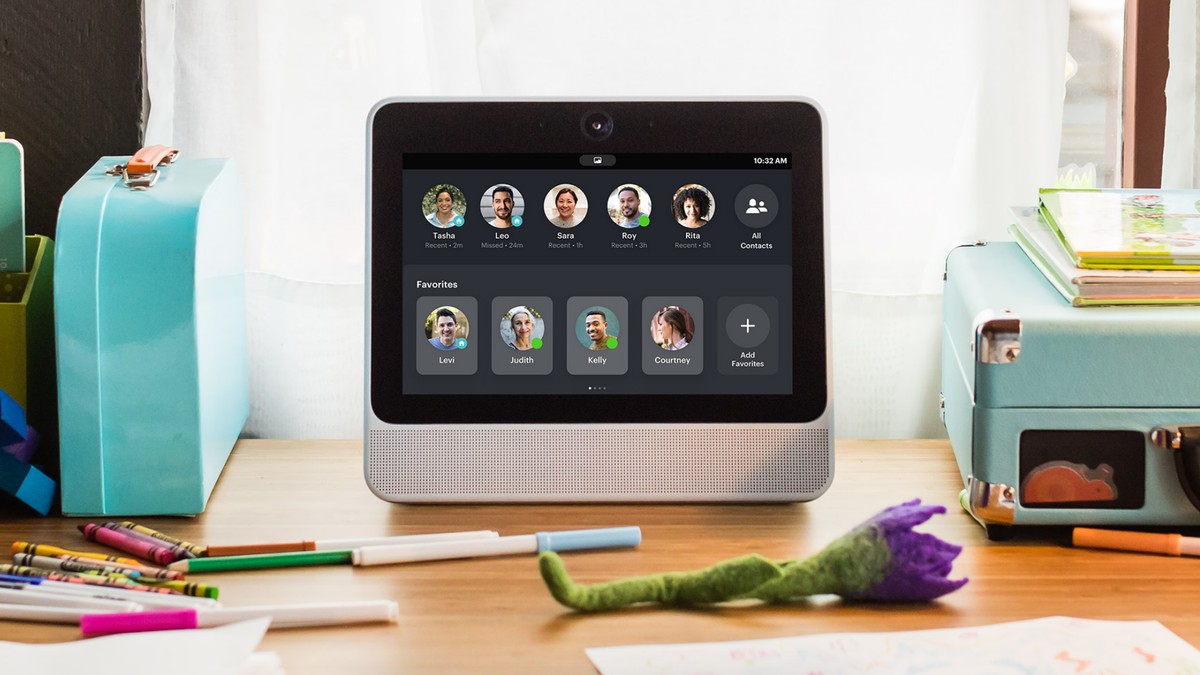Facebook Knows You Don’t Want To Trust Its Portal Camera

Less than two weeks after it announced a hack affecting 50 million users, Facebook has launched a webcam-enabled smart speaker called “Portal.” Despite a deluge of security issues over the past two years, the social media giant is hoping to convince people to put an internet-connected camera that tracks their movement throughout a room in their homes.
But, it seems the company is also keenly aware of how ridiculous this sounds. In its launch materials, Facebook put privacy and security front and center, focusing on the many steps the company took in making Portal as secure and non-creepy as possible. This includes simple hardware designs such as a camera cover, which you can slide closed when you’re not using the webcam, to more technical design features, such as having the AI that runs the Portal embedded in the device, rather than processed on Facebook’s servers.
“That gives more peace of mind as far as data is stored because that mean the AI is learning on the device versus collecting data, sending it out, analyzing it, and sending results back to the device,” said Carolina Milanesi, a consumer technology analyst for the Silicon Valley consulting firm Creative Strategies.
Milanesi told me that Facebook’s emphasis on privacy is likely both a marketing tactic and a genuine reaction to consumer feedback. The company knows that the public’s trust has been eroded and it has lost a lot of good will, so asking users to literally bring the company into their home is a big ask. It’s also strategically distanced the product from Facebook as we know it, focusing instead on connecting one-on-one with close friends, rather than broadcasting information to wider social networks.
“Right now Facebook is not in a good place when it comes to consumers’ understanding of what they’ve done with their data,” Milanesi said. “The first reaction is going to be ‘hell no, I’m not bringing this device into my home.’”
But she also said that the wider public might not be as concerned with privacy as those of us in the tech bubble like to think, even if they’re aware of the whole Cambridge Analytica saga. And at the end of the day, it’s a cool device—who among us never watched an episode of The Jetsons and dreamed about a future with video phones—and it’s a competitive entrant into this growing market space. Amazon already has two versions of its Echo that have cameras and screens enabled, so it’s not an entirely foreign idea.
“At the end of the day, if it’s sexy enough, if video chatting with people is something you want, people are going to get over it,” Milanesi said.
READ MORE HERE
